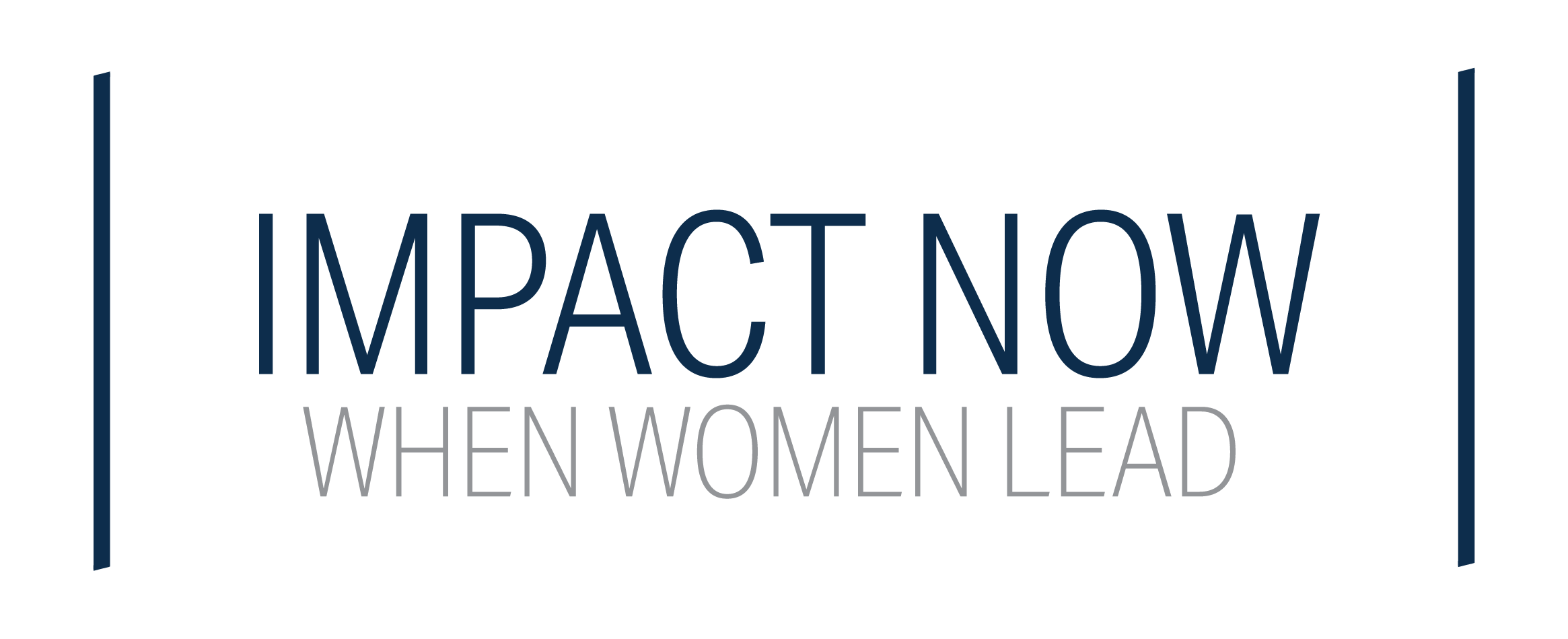On June 8, one of the Impact Now coaches, T. C. Motzkus, of On Belay Coaching, facilitated a roundtable on mentoring. T. C. shared several nuggets that resonated with those of us in attendance.
First and foremost, mentoring is a “heart matter.” It’s not about ticking off boxes or going through the motions. Mentoring is all about being present, sharing wisdom, and providing unwavering support. It’s a connection that goes beyond the professional realm. It touches the very core of who we are as individuals.
There are countless ways to intentionally structure mentoring relationships. Group mentoring, for example, fosters collaboration across a small group. Co-mentoring arrangements exist when peers support each other’s growth. Some organizations establish formal mentoring that pairs new hires or newly-promoted individuals with senior staff who “know the ropes.” Of course, COVID has opened the door to mentoring at a distance through the wonders of online platforms.
While there are formal structures and guidelines for mentoring, much of it actually happens informally. Informal mentoring exists when you ask for guidance from individuals whose experience, wisdom, and opinions matter to you. These might be people in your Square Squad (see Brené Brown’s Dare to Lead Key Language Skills, Tools and Practices). They might also be the person in the organization who always seems to have a nugget of wisdom up their sleeve. In either case, a good mentor lends a listening ear, shares experiences, and empowers you to find your own solutions.
Sometimes reverse mentoring is the best approach. In the conventional approach to mentoring, the title mentor applies to an older, more experienced individual. Sometimes, though, you can benefit from the wisdom of a younger person. As the seasoned professional in your field, you may struggle to understand the newest technology. Maybe you can’t figure out what makes that Gen Zer “tick,” and how to talk to them so they “get your point.” Perhaps that younger colleague can be your mentor. That person brings a new set of skills, an understanding of the digital landscape, and a fresh perspective on the world.
Mentoring, in any form, encourages us to step outside our comfort zones. It requires us to be vulnerable and admit we need help. It’s inviting someone else into our current story. As a mentee, you may feel awkward acknowledging your knowledge or skill gap. You may be reluctant to admit you are uncertain or overwhelmed about a project. As a mentor, you may feel uncomfortable sharing the hard lessons that have brought you to where you are today. Perhaps this is the first time someone has asked for your guidance.
Having two mentors with different styles can be beneficial. While learning a new skill or developing a new competency, it may be advantageous to engage two different mentors. One mentor might approach work and life that is similar to you. The other approaches the world differently. For example, if you’re a thinker and planner, you might gravitate towards a mentor who likes to discuss, think out loud, and analyze. You might also benefit from a mentor who is an action-oriented and decisive individual. Maybe this person trusts their gut and acts on instinct. This individual might be more likely to push you to “just do it.”
Mentoring is a two-way street. Whether the mentor is older or younger, the relationship is a dynamic exchange. Mentor and mentee respect each other and give time and energy to each other. A good mentoring conversation requires both parties to be fully present—to put away the phone, close the laptop, and listen intently to each other.
As you think about your mentoring experiences, take a moment to jot down the names of people who have walked along that two-way street with you—your mentors and your mentees. Recall some of the gifts each of those persons has given you. These are some of the people who have helped shape who you are today.
And here’s something to consider: Write a thank you note or send a brief email to one or two of those people.
P.S. Watch a short clip about mentoring from this roundtable.
P.P.S. Both T. C. and Jessica have been, and continue to be, my mentors.
Grace and peace,
Mary Henton,
Executive Director

